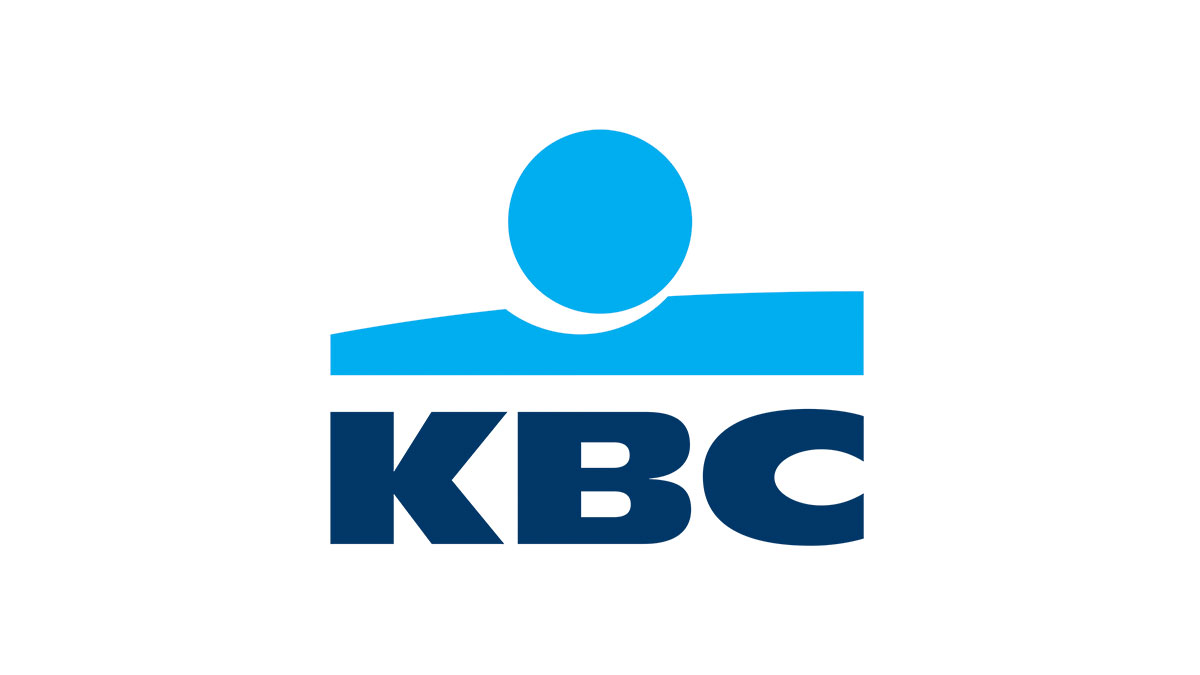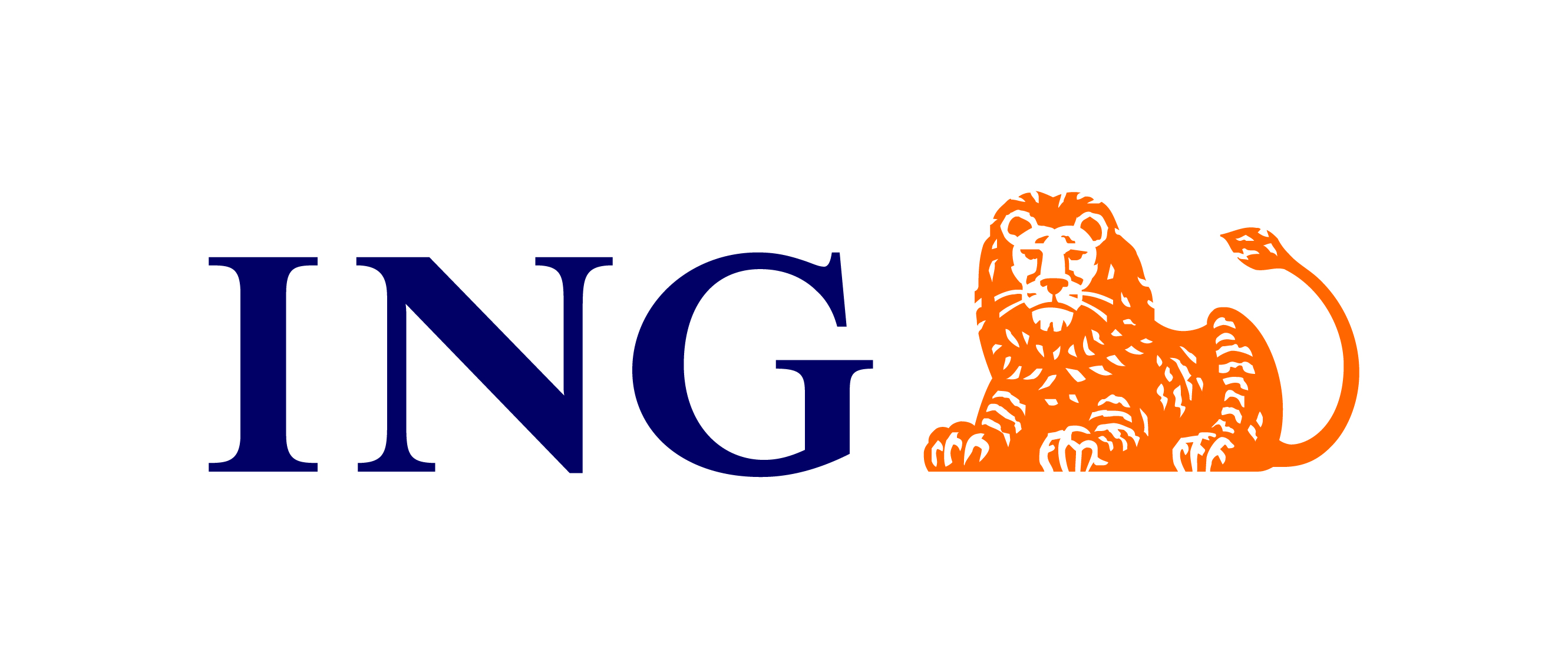ACADEMIC
Antwerp Management School • Eurometropolitan e-Campus • Hénallux • HOWEST University of Applied Sciences • ICHEC Brussels Management School • KU Leuven • PXL Hogeschool • Solvay Brussels School of Economics & Management • Syntra PXL • Thomas More • UC Louvain • UGent • ULB – Université Libre de Bruxelles • Université de Namur • VIVES University College • VUB – Vrije Universiteit Brussel
FEDERATIONS
Agoria • Assuralia • Beltug • Comeos • Embuild • Febelfin • Fevia • HRZKMO • LSEC • Synergrid • UWE • VBO-FEB
PRIVATE
2dehands/2ememain • AboutIT • Accenture • AG Insurance • Allen & Overy (Belgium) LLP • Approach Belgium • Argenta • ATOS • AXA Belgium • AZ Delta • AZ Oudenaarde • AZ Rivierenland • Bekaert • Belfius • BNP Paribas Fortis • Bow Tie Security • Brand Compliance • Broeders van Liefde • Byblos Bank Europe • Cegeka • CheckPoint Software Technologies • CHU-UVC Brugmann/ HUDERF • CHU Saint-Pierre - UMC Sint-Pieter • Clinique Saint Pierre Ottignies • Colruyt Group • Cranium • Crelan • Devoteam • DigiTribe • DKV Belgium • DNS Belgium • EASI • Ethias • EURid • Euroclear • Eurofins Digital Testing Belgium • Excellium Services Belgium • Exclusive Networks • Expertware • EY • Grand Hôpital de Charleroi • Huawei Technologies Belgium • ING Belgium • Innocom • Intigriti • Iris Ziekenhuizen Zuid • Isabel Group • Isaca Belgium • ITSME • Jan Yperman Ziekenhuis • Jessa Ziekenhuis • KBC Group • Korian • Kroll Associates • Landsbond der Christelijke Mutualiteiten • Lineas • Maiky • MasterCard • Microsoft • Multitel • National Bank of Belgium • nextAuth • NRB • NVISO • Onze-Lieve-Vrouw Ziekenhuis Aalst-Asse-Ninove • Orange Belgium • Orange Cyberdefense Belgium • Proscima Group • Proximus • PwC Belgium • Rhea Group • SAI • Secutec • SecWise • Siemens Digital Industries • Sirris • Socialware • Sodexo • SopraSteria Benelux • SWIFT • TCR International • Telenet Group • Thales Group Belgium • Toreon • Trend Micro Belgium • Unisys Belgium • Vanbreda Risk & Benefits • Wavestone Belgium • Westcon-Comstor • Wortell • Zetes Belgium • Ziekenhuis Oost-Limburg • ZNA Ziekenhuisnetwerk Antwerpen
PUBLIC
Agence du Numérique • A.S.T.R.I.D • Belnet • Belgian Defence • BelV • BIPT-IBPT • C.R.E.G. • Centre for Cybersecurity Belgium • CERT.be • CERT.eu • CIRB-CIBG • European Commission • FPS Justice • FPS Policy & Support (BOSA) • FPS Foreign Affairs • FPS Economy, SMEs, Middle Classes & Energy • FPS Finance • FPS Interior (IBZ) • FPS Public Health, Food Chain Safety and Environment • GBA-APD • IDELUX • IMio • IRISnet • Le Parlement de Wallonie • MIVB-STIB • NMBS-SNCB • SCK-CEN • VDAB • Vlaamse Overheid - VLAIO
ASSOCIATE MEMBERS
Marc Decaffmeyer • Gunther Penne • Kurt De Meyer • Joost Rommelaere • Meenakshi Sundaram • Alexander Thomaere • Sam Van Hauwaert






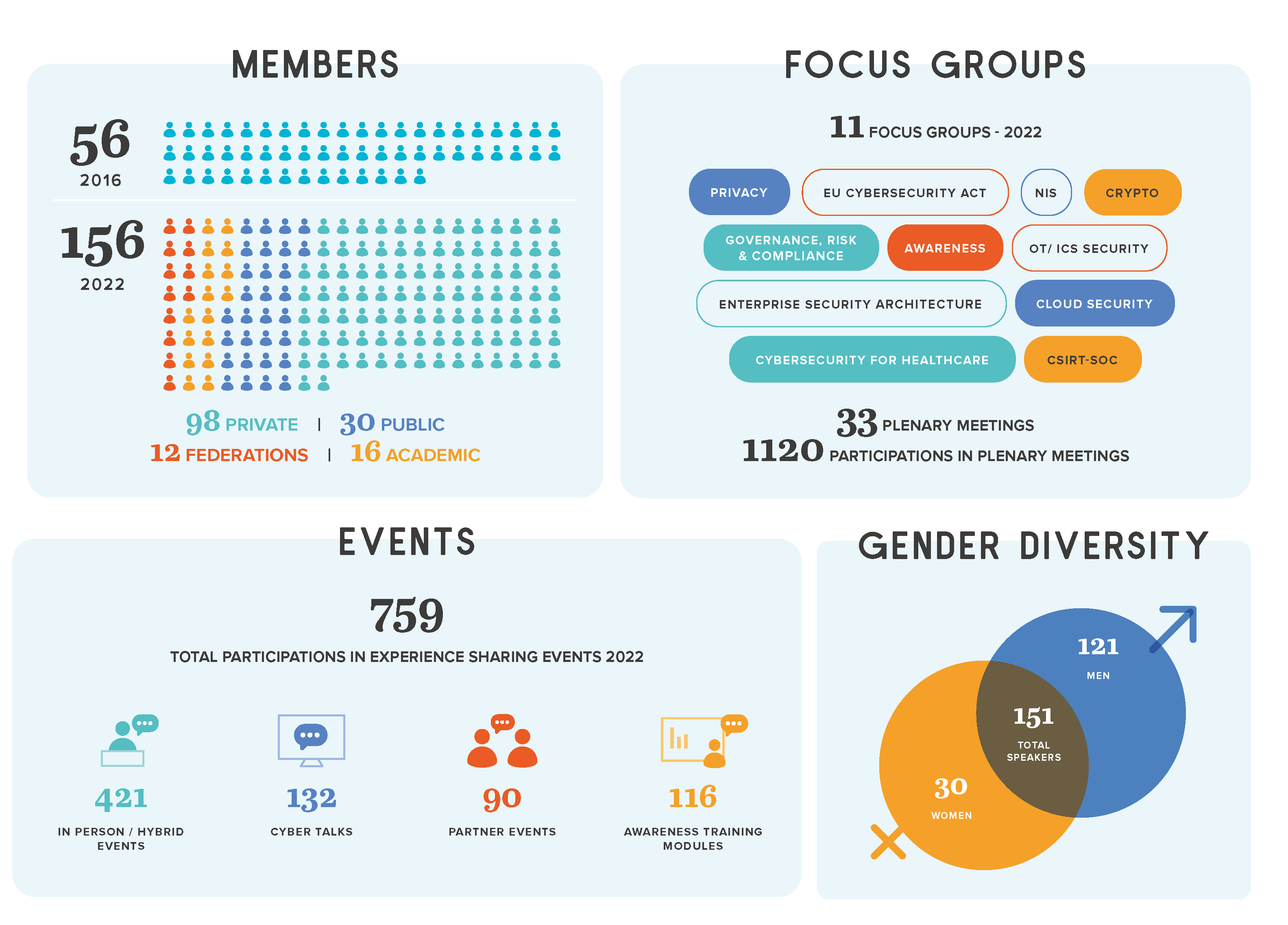






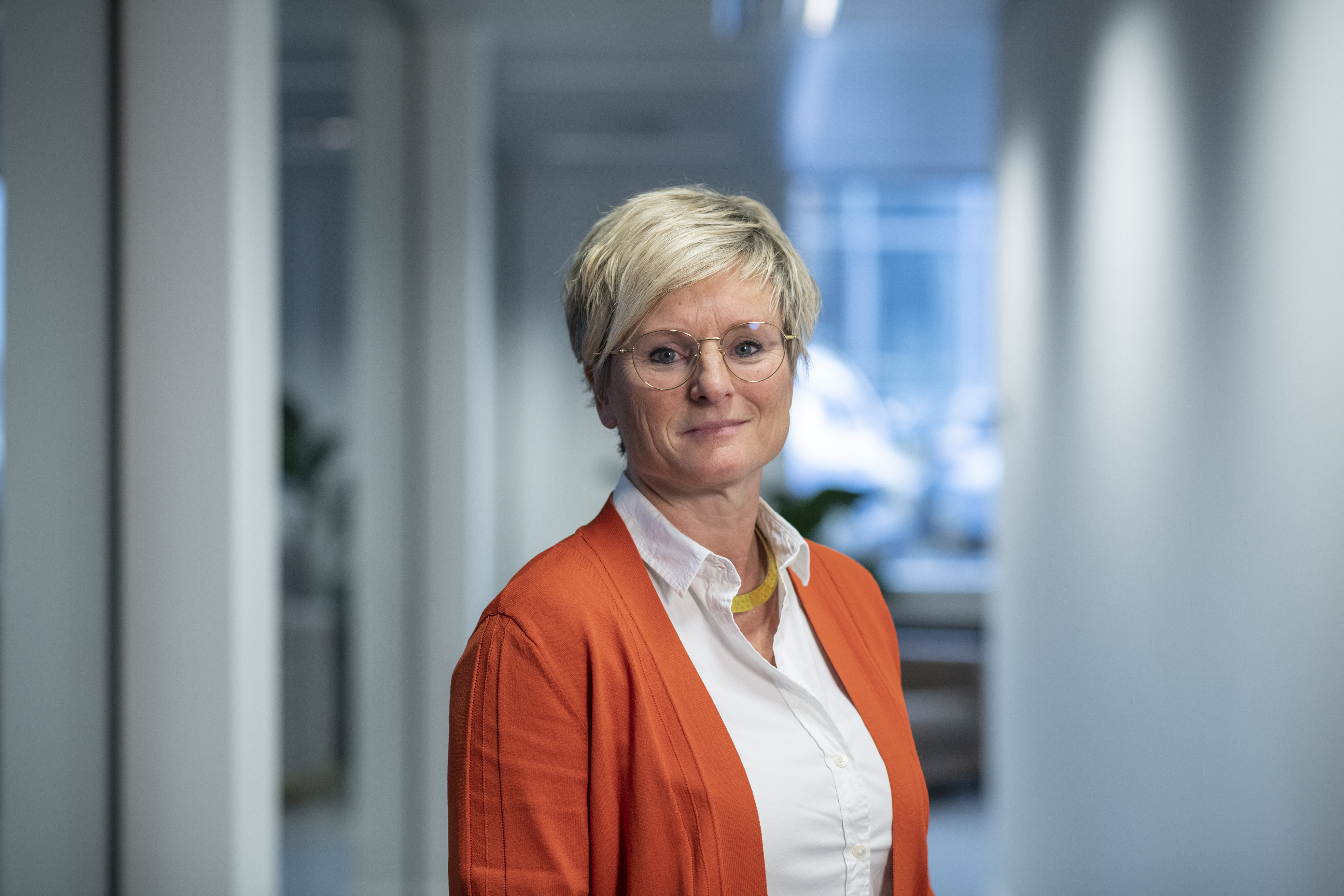




).jpeg)







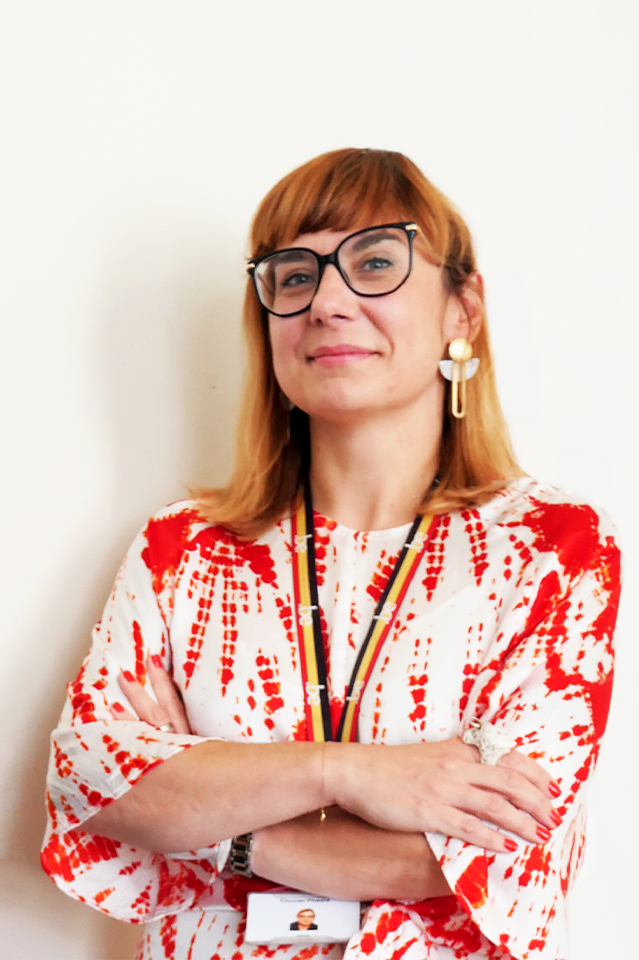




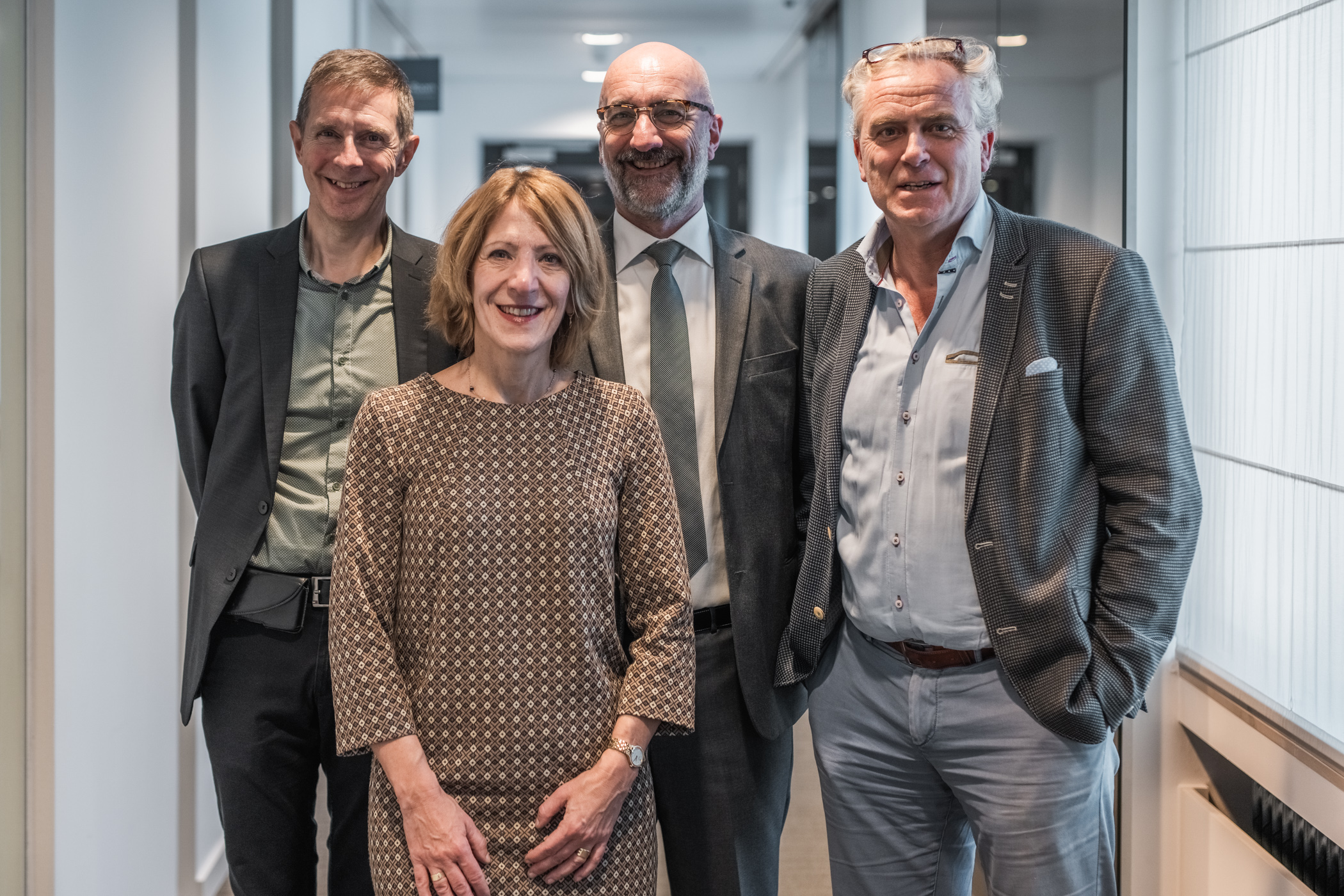

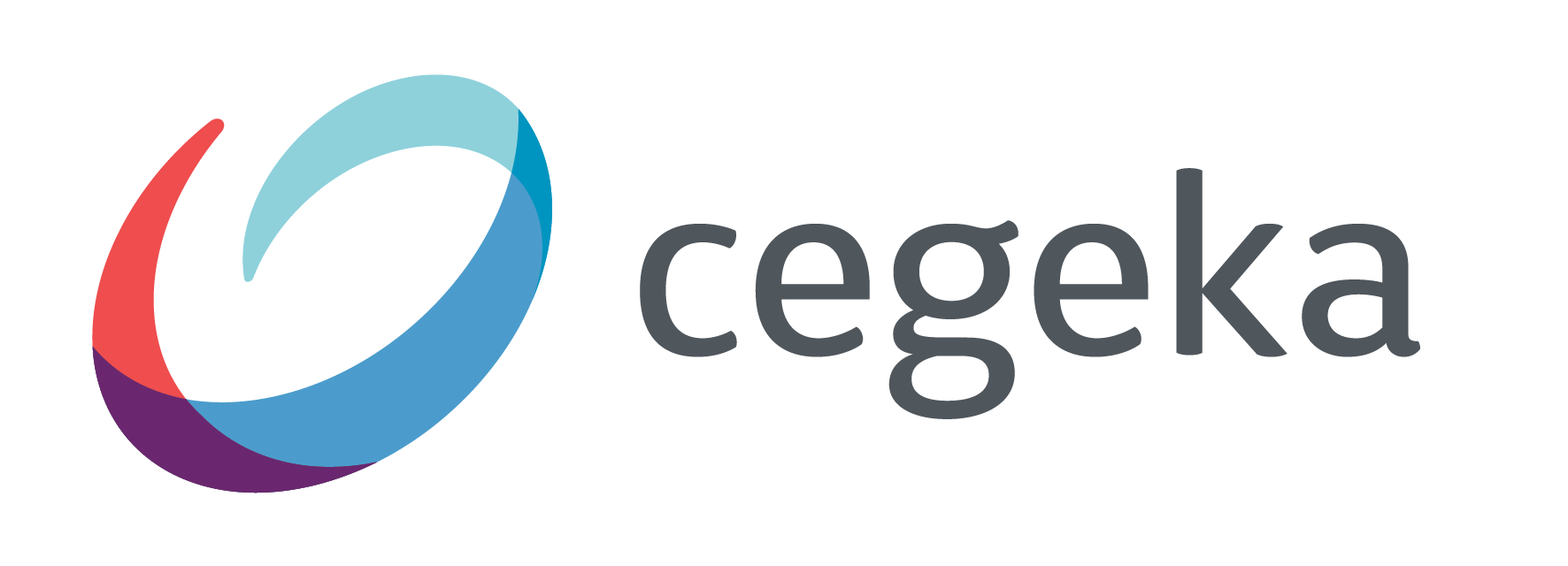

.jfif)
